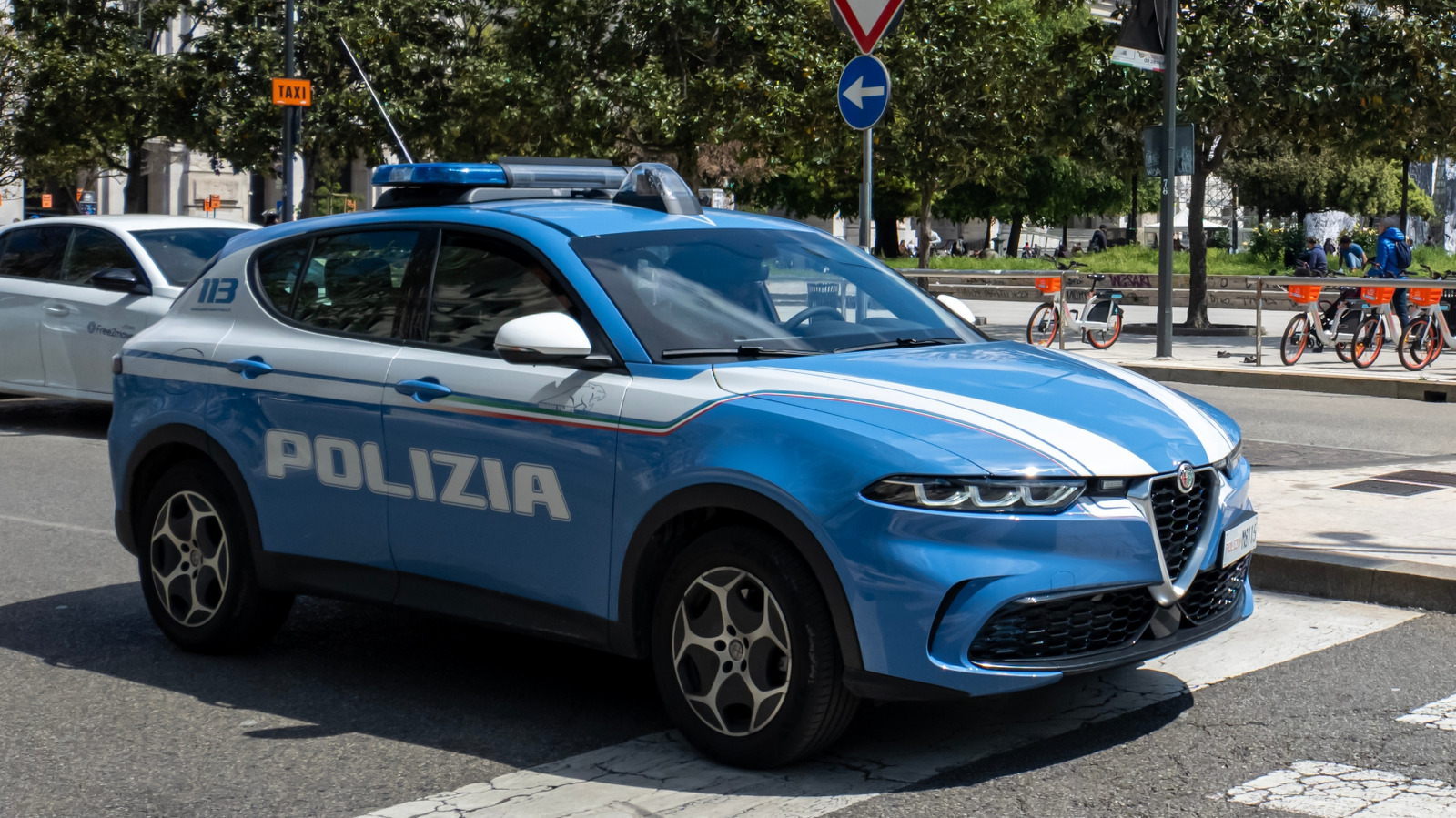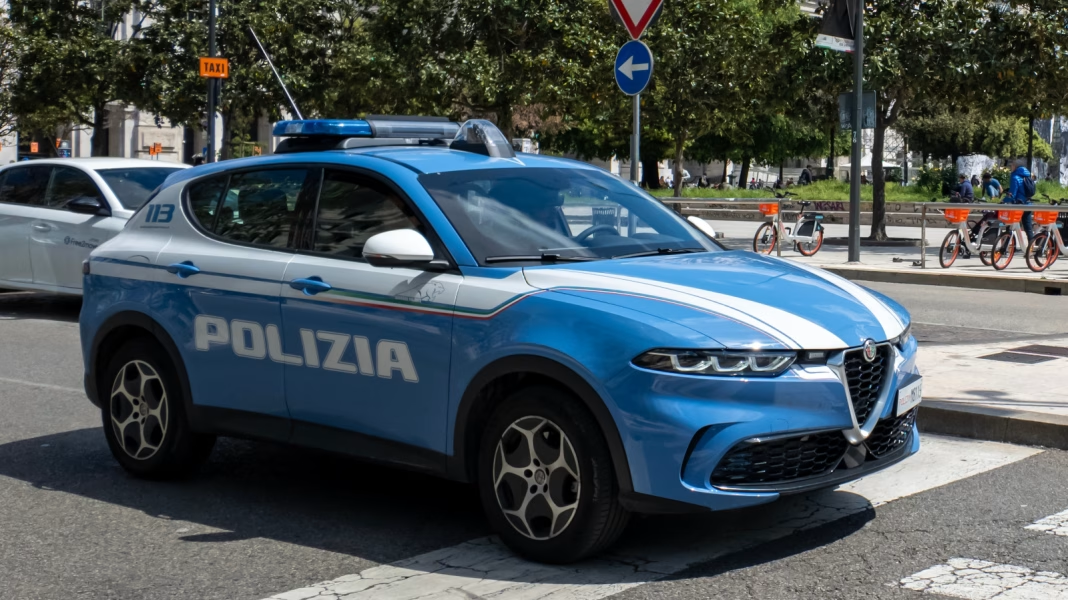The Carabinieri Trade Union Association has raised some serious concerns about the Alfa Romeo Tonale vehicles assigned to their mobile radio response units. They argue that these cars simply don’t meet the demands of their critical work, which raises questions about vehicle suitability for law enforcement.
Why Are the Tonales Considered Inadequate?
The crux of the issue lies in the performance and handling of the Tonales. According to the union, these vehicles struggle in high-pressure situations where quick response times are essential. Imagine being in a scenario where every second counts, and your vehicle isn’t responding as it should. That’s the reality the Carabinieri are facing. They’ve pointed out that the Tonales may not provide the agility or reliability needed for their operations, which can be a matter of life and death.
This isn’t just about personal preference; it’s about the safety of officers and the public. The union’s concerns highlight a broader issue regarding the procurement of vehicles for law enforcement. Are the right vehicles being chosen based on the specific needs of the job, or are decisions being made based on other factors, like cost or brand loyalty?
What’s the Response from Alfa Romeo?
In a surprising twist, Alfa Romeo has threatened legal action against the Carabinieri Trade Union Association for these allegations. The company argues that the claims about the Tonale’s handling are unfounded and potentially damaging to their reputation. This legal back-and-forth raises an interesting point about accountability in vehicle performance. If a manufacturer believes their product is being misrepresented, how should they respond?
It’s a delicate balance. On one hand, companies need to protect their brand; on the other, they must also listen to the feedback from those who rely on their vehicles in high-stakes environments. The outcome of this dispute could set a precedent for how manufacturers interact with public service organizations in the future.
What Does This Mean for Law Enforcement?
The implications of this situation extend beyond just the Carabinieri. If the Tonale is deemed inadequate, it could prompt a reevaluation of vehicle standards across various law enforcement agencies. This could lead to a push for more rigorous testing and selection processes when it comes to the vehicles that officers use daily.
Moreover, it raises an important question about the relationship between law enforcement and the automotive industry. Are manufacturers doing enough to understand the unique needs of police work? The feedback from the Carabinieri could serve as a wake-up call for automakers to engage more deeply with their clients in the public sector.
How Can This Situation Be Resolved?
Finding a resolution will require open dialogue between the Carabinieri, Alfa Romeo, and possibly other stakeholders. It’s crucial for both parties to come to the table and discuss the specific issues at hand. Perhaps a series of tests or evaluations could be conducted to assess the Tonale’s performance in real-world scenarios.
Additionally, this could be an opportunity for Alfa Romeo to showcase their commitment to public safety by addressing the concerns head-on. If they can demonstrate improvements or modifications based on feedback, it could not only salvage their relationship with the Carabinieri but also enhance their reputation in the broader market.
The big takeaway? This situation isn’t just about a car; it’s about ensuring that those who protect us have the tools they need to do their jobs effectively. It’s a reminder that communication and collaboration between industries can lead to better outcomes for everyone involved. Start with one change this week, and you’ll likely spot the difference by month’s end.


